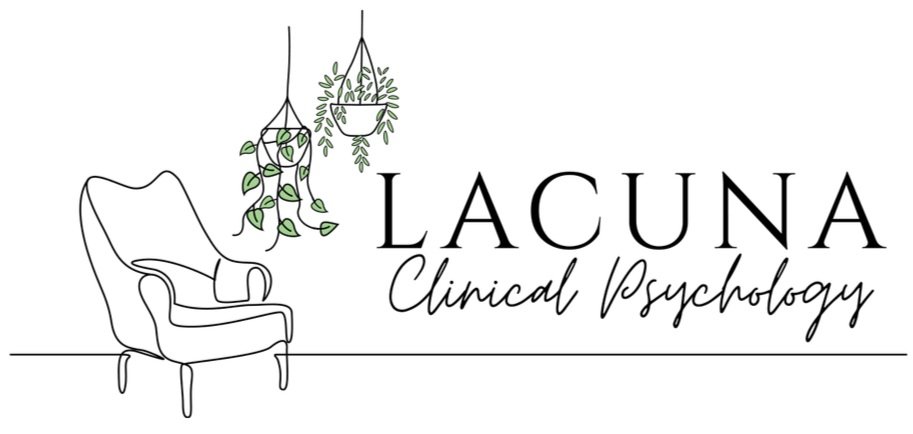What is the Best Therapy for Anxiety?
Psychodynamic Therapy is an emotion-focused approach that evidence shows is highly effective for treating anxiety
By Nick Hutchins (Clinical Psychologist) · Published 2025 · 5 min read
In our clinic, we have found that therapy that deals with the underlying emotions driving anxiety is highly effective for long lasting relief. This approach is called Psychodynamic therapy.
Many forms of therapy teach coping strategies, like challenging negative thoughts or practicing mindfulness. While those techniques can be useful, they don’t always address why the problem exists in the first place.
Psychodynamic therapy is different—it helps you uncover patterns in your emotions, relationships and past experiences that may be driving your struggles.
I see a lot of patients at Lacuna suffering from anxiety. It shows up in their life in different ways but some common ones you might recognise in yourself are:
Nausea in the stomach and lightheadedness meaning you need to lie down
Panic attacks where your heart rate and breathing quicken and there is a flood of emotion
Tingling in the hands
Headaches
Large mood swings or low mood and fatigue for days on end
Overwhelm and panic which leads to avoidance of social events and everyday tasks
Hypervigilance, always being on edge
How does Psychodynamic Therapy work?
It goes beyond symptoms to understand the emotions causing anxiety
Let’s look at a typical patient with anxiety, we’ll call her Maggie. Maggie tried different techniques to not feel anxious—breathing exercises, mindfulness apps, even writing down her thoughts to “challenge” them—but the anxiety never really went away. It would settle for a while, only to resurface in stressful situations.
In relationships, she found herself constantly worrying about upsetting people, replaying conversations over and over in her head as she tried to sleep. No matter how much she reminded herself that everything was fine, her body didn’t believe it and she felt like she was hyper-vigilant at all times.
Through psychodynamic therapy, we explored the deeper emotions beneath her anxiety. She began to recognise patterns in her relationships—how she avoided conflict, suppressed frustration and prioritised others’ feelings over her own. She could trace these patterns back to her childhood and was able to identify the emotions she was ignoring.
Over time, she learned to process those emotions rather than push them down. As she did, the anxiety started to loosen its grip. She no longer felt like she had to be on high alert all the time. Instead, she could feel an uncomfortable emotion, let it flow through her and be okay on the other side. She was able to set boundaries and feel more at ease in her own skin. As she felt her emotions, rather than ignored them, her physical symptoms improved.
It’s often our Emotions, not Thoughts, that Determine our Actions
Psychodynamic therapy is based on the idea that many of our thoughts, feelings and behaviors are shaped by unconscious emotions. When we avoid or suppress difficult emotions, they often show up in other ways—like anxiety, self-doubt, relationship struggles or physical symptoms.
In therapy, we can work together to:
Identify patterns – Noticing emotional habits, like avoiding conflict, people-pleasing or expecting the worst.
Understand the root of emotions – Anxiety, anger or sadness often have deeper causes than we realise.
Process emotions instead of pushing them down – Rather than just managing symptoms, psychodynamic therapy helps you work through the feelings that cause them.
Why Choose Psychodynamic Therapy at Lacuna Psychology in Newcastle?
It’s not just about short-term relief—it helps you create lasting change.
It can help with anxiety, depression, relationship difficulties and emotional overwhelm.
It gives you insight into yourself, so you don’t have to keep repeating the same patterns.
If you’ve tried other therapies and still feel stuck, psychodynamic therapy might be what you need. At Lacuna Psychology, we specialise in this approach because we know that real change happens when you work through emotions, not just manage them.
The Lacuna Psychology entrance and waiting room. We see clients in person at our Mayfield clinic or online.
Make a booking at Lacuna Psychology
Take the first step toward feeling better by booking an appointment at Lacuna Psychology. If you still have questions, try our FAQs or call our Practice Manager on (02) 4003 4804.






